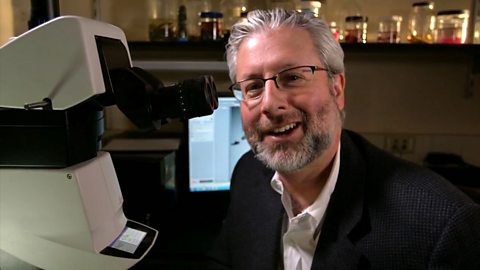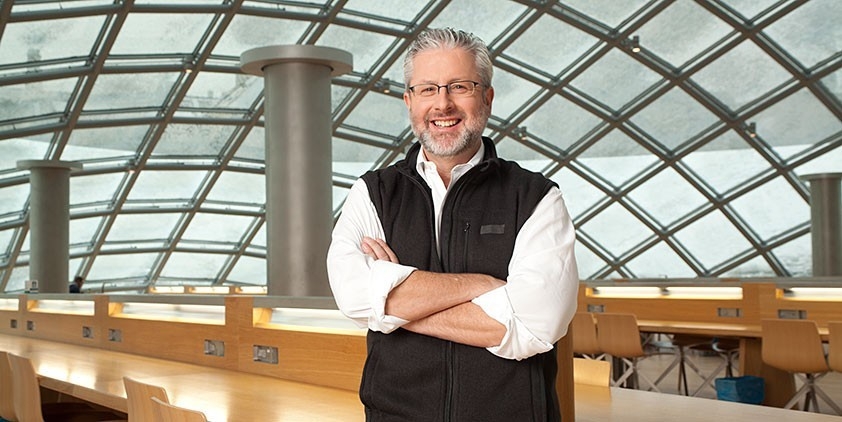

“You can use mass media to tell great stories about great science and great scientists.”īut the success of these efforts, Carroll says, is truly measured by how far the ideas like “Your Inner Fish” reach into the classroom, how many kids across the country they reach and whether they make a lasting impact. “I saw the opportunity to do some things in science education on a national scale,” he said. Making films for use in the classroom is something Carroll has been doing through HHMI for the last three years, shortly after he assumed his current role. The website contains free materials for teachers and students. “Our educational mission is being served by putting the broadcast specials on television while expanding materials in the classroom and providing that for free,” says Carroll. In addition to the broadcast series - meant for an audience that may have no prior knowledge related to the themes explored - HHMI has created a short film and other educational tools meant for teachers to use in the classroom.

The series is part of HHMI’s commitment to advancing science education, Carroll says, and it’s only one part of the mission.

It’s a story that’s never put been put together in any one place.” “There is a lot of discovery there, in the context of essentially how our bodies have modified over the years from our fishy ancestors.

“It helps us understand our bodies and tells great stories of discovery, adventure and exploration.”Īnd, it will take viewers all over the world. The series includes “anatomy, genetics, embryology and paleontology,” Carroll says. When you hear ‘Your Inner Fish’ you think: ‘What does that mean?'” “It’s a really powerful but simple concept, that we’re modified fish. “The book was a framework,” says Carroll. It explores the evolutionary ancestry of humans, looking at how fins became hands, gills became part of the inner ear and more. “Your Inner Fish” is based on a book of the same name by writer and University of Chicago evolutionary biologist, Neil Shubin, who also hosts the television series. And UW–Madison graduate, Laura Helft, is senior researcher for Tangled Bank. John Hawks, associate professor of anthropology at UW–Madison, was an advisor on one of the production’s three hours. It’s a story that’s never put been put together in any one place.”Ĭarroll is not the only UW–Madison connection to the series. “There are a lot of things in this series people have’t necessarily been exposed to,” Carroll says.


 0 kommentar(er)
0 kommentar(er)
